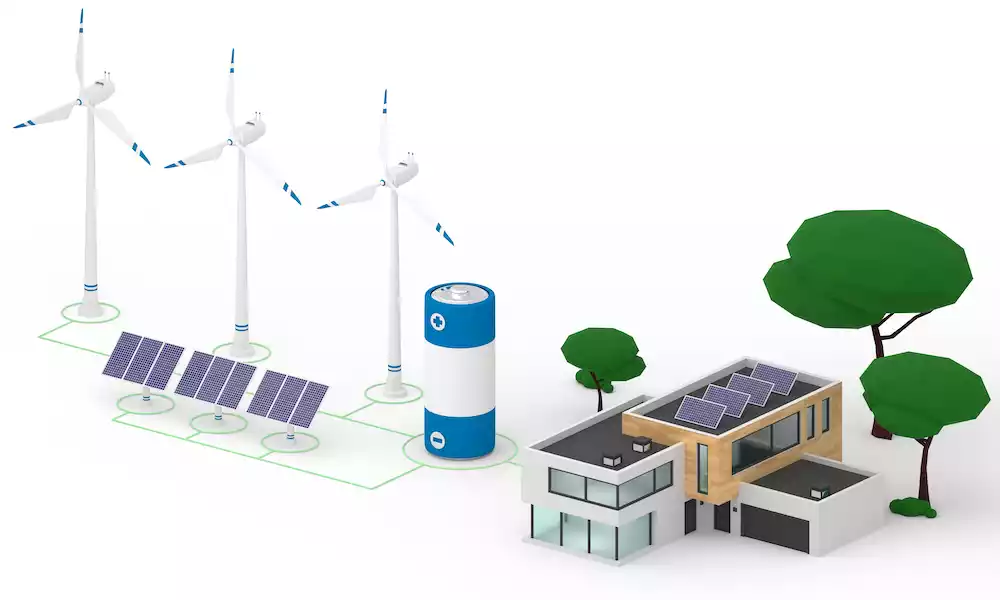General
How UK Businesses Are Becoming More Energy Wise

Whether we like it or not, UK businesses are rethinking using energy in the workplace. Motion and heat detection lighting is one strategy in commercial buildings, and the UK Government is calling on all property owners to focus on improving insulation. Hence, there’s less demand for heating.
Relating less on electricity and gas at work is not just a challenge for commercial property owners. All businesses leasing commercial buildings need to be more energy-wise.
The UK recently had an energy market crisis, with wholesale reaching record highs and demand surging worldwide. Due to the global energy shortage, energy prices have skyrocketed for commercial and residential use. The Guardian says scores more energy suppliers are likely to close down for good or winter when demand exceeds their supply.
Of course, if your energy supplier goes bust, don’t worry! You won’t lose power – Ofgem’s safety net provides a new supplier that will contact you directly in under two weeks. However, it can still be a good idea to conserve energy just in case. So, in the wake of the UK energy market crisis, here are five ways you can rely less on electricity and gas in the workplace.
Five Ways To Reduce Energy Use At Work
1. Use Smartphones
Workers use their smartphones with remote working, so why not switch to using them rather than landlines – full-time.
Landline office phones rely on mains electricity and must be plugged in at all times to operate. Smartphones can be charged up within
2 – 4 hours. Did you know there is a right way to charge your mobile?
Plus, there is a belief that smartphone batteries don’t like being at 100%. Not all smartphones and their batteries are equal, so research when you’re in the market for an Android and one of the best iPhone deals to meet your budget and requirements. One tip is not charging your phone overnight – that damages the battery.
2. Choose Workspace That’s Well Insulated
Heating an open-plan space that’s not well insulated can use quite a lot of gas and electricity. If your current workspace is drafty and lacks underfloor, ceiling, and wall insulation, it may be time to move to other premises. Commercial property owners should ensure their buildings are well insulated, and the UK Government is on a mission to decarbonise our properties, including commercial buildings.
3. Use Energy Efficient Lighting
One thing that we cannot live without is artificial lighting, especially in the winter. You’ll find that very few buildings can use natural lighting, even when large windows and skylights. However, there are a couple of ways to make your lighting more energy efficient to ensure you rely less on electricity – LED is the acronym for light-emitting diode.
LEDs use a lot less energy than incandescent bulbs. In fact, LEDs are said to be 90% more energy-efficient, which is good news for your energy bill.
4. Install Light Sensors
We mentioned this strategy earlier motion and body heat light sensors will detect whenever someone enters or leaves a room. Lights will go on and off automatically.
Sensors are perfect for low-traffic zones and times. For example, at night, your security guard or timer can switch the lights on and off for security, and the rest of the time, the lights are off, saving energy and your utility bill. An added bonus to motion sensors is that there is no need to touch the switches to activate the lights.
5. Renewable Energy Sources
Consider looking into renewable energy sources such as solar panels, wind-powered turbines, or ground and air source heat pumps for a more long-term solution. Though it might have more considerable start-up costs, these solutions will ensure that you rely less and less on mains electricity and gas for years to come.
There you have it – five ways you can rely less on electricity and gas amid the energy crisis. By making small changes and educating your workforce, you should see a vast improvement in your energy bills.
Final Few Words
Businesses of all sizes are rethinking how they are using energy and how they can reduce it. Remote working has reduced energy use in workplaces; staff are working from home as part of the work.
The UK government offers various incentives and grants to encourage businesses to adopt energy-efficient practices and technologies.
Businesses must stay informed about regulatory changes and utilise available programs.
Companies are focused on raising employee awareness about energy conservation and encouraging behavioural changes to reduce energy waste. This included initiatives like turning off lights and equipment when not in use and promoting energy-conscious practices in the workplace.
To get the most up-to-date information on how UK businesses rethink their energy use reduction strategies, check recent reports, news articles, and government publications related to energy and sustainability in the UK.






